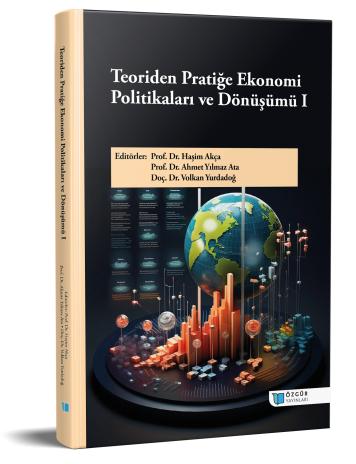
The Relationship Between Macroeconomic Variables and Economic Growth: A Research on Upper Middle Income Economies
Şu kitabın bölümü:
Akça,
H.
&
Ata,
A.
Y.
&
Yurdadoğ,
V.
(eds.)
2023.
Teoriden Pratiğe Ekonomi Politikaları ve Dönüşümü I.
Özet
This research delves into an extensive examination of the influence of Foreign Direct Investments (FDI), exports, tax revenues, domestic savings, and the labor force on the economic growth trajectories of 20 upper-middle-income economies. Spanning the period from 1990 to 2021, data sourced from the World Bank database were meticulously analyzed. Findings indicate that FDI, tax revenues, domestic savings, and the labor force exhibit predominantly positive impacts on economic growth, with FDI emerging as a significant driver due to its role in technology transfer, workforce training, and job creation. Tax revenues contribute to public service financing and economic stability, while domestic savings foster new businesses and infrastructure development. A growing labor force, coupled with enhanced productivity, stimulates innovation and economic growth. Surprisingly, exports display a modestly negative impact on growth, suggesting limited influence from external demand fluctuations. Policy recommendations include improving investment environments, fostering competitiveness in exports, efficient tax policies, incentivizing savings, and investing in education and skill development programs. Tailoring these recommendations to individual country contexts is crucial for sustainable economic growth. The novelty of this study lies in its exploration of these variables as a cohesive set for this group of nations, which has not been previously examined.

